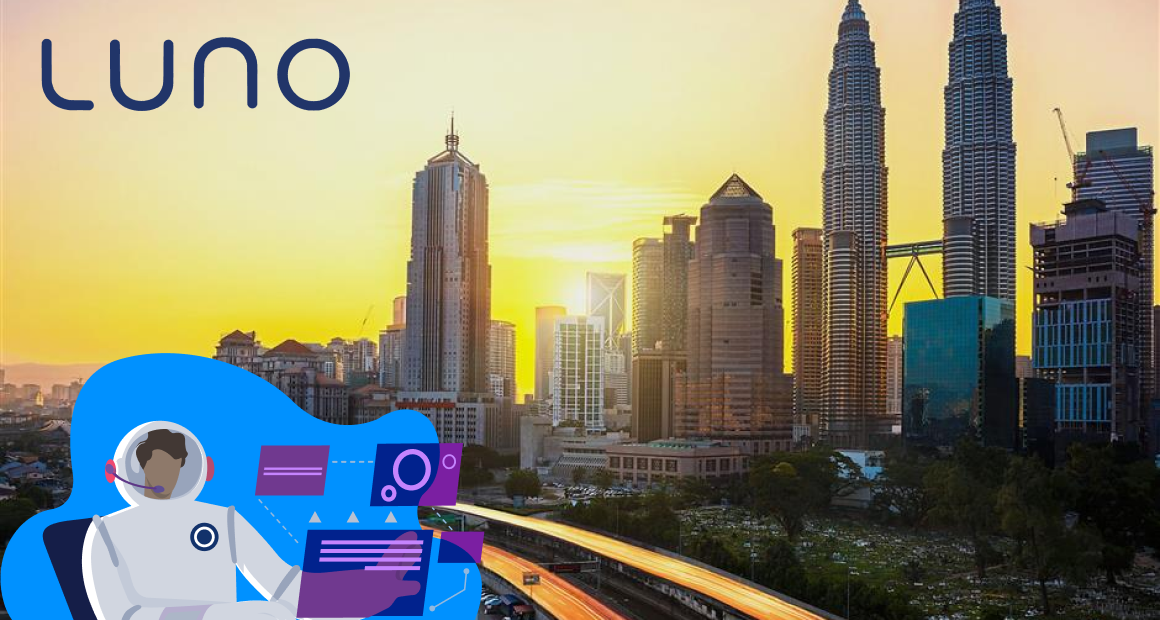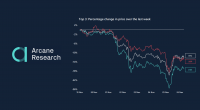Legal access
Yesterday morning, the CEO of Luno, Marcus Swanepoel, announced in Kuala Lumpur that they would be the first cryptocurrency exchange to receive approval from the Securities Commission (SC) of Malaysia. This will give the residence of Malaysia access to a cryptocurrency exchange.
With over 3 million wallets covering over 40 countries, Luno is one of the top crypto exchanges globally. They have their headquarters in London with regional hubs in Singapore and Cape Town.
Luno has been present in Malaysia since 2015. In 2017 they became the largest digital asset exchange in the country. They have been involved with regulators about the regulation of cryptocurrency around Malaysia. Lune relaunched in Malaysia in late October of this year and during the first 10 days more than RM 2.5 million worth of digital assets where traded.
The need for a clear framework
This announcement comes after a busy year for Malaysian authorities. In October the finance minister, Lim Guan Eng, urged global authorities to formulate a framework that would help solve issues raised by digital assets. “Although the impact of these projects has yet to be felt more widely, digital assets may well emerge as a part of the wider economy or recede into the background as a novelty, depending on the outcome of its usage.”
At the relaunch, Marcus Swanepoel commented, “We are seeing a revolution in global financial services with the adoption and use of cryptocurrencies but this is not going to be an overnight change. Regulators like the Securities Commission, here in Malaysia, who work with new digital assets and blockchain technology are showing real leadership in the sector. They are opening up the way for investors, traders and individuals in the country to maximize the benefits of a new financial system.”
For the benefit of the consumer
The advantages of having a regulated exchange us the protection for consumers as well as a blueprint for future collaborations and innovation with regulatory bodies. This also comes after the news that Malaysia is planning to impose a $6,000 limit on cash transactions in 2020. The new restrictions aim to prevent the use of cash in illicit activities, and won’t affect regulated financial institutions or other entities transacting for humanitarian aid purposes.
Travis Scher, VP, Investments at Digital Currency Group. “The establishment of Luno in Malaysia demonstrates the country’s commitment to supporting emerging technology and provides a regulatory framework that enables Malaysian citizens to access digital currencies on a regulated platform. This is a great example of how lawmakers can allow their citizens to participate in this exciting technological revolution.”
The Luno platform is now live for all Malaysian residents and can be accessed via mobile or desk-tops via www.luno.com





